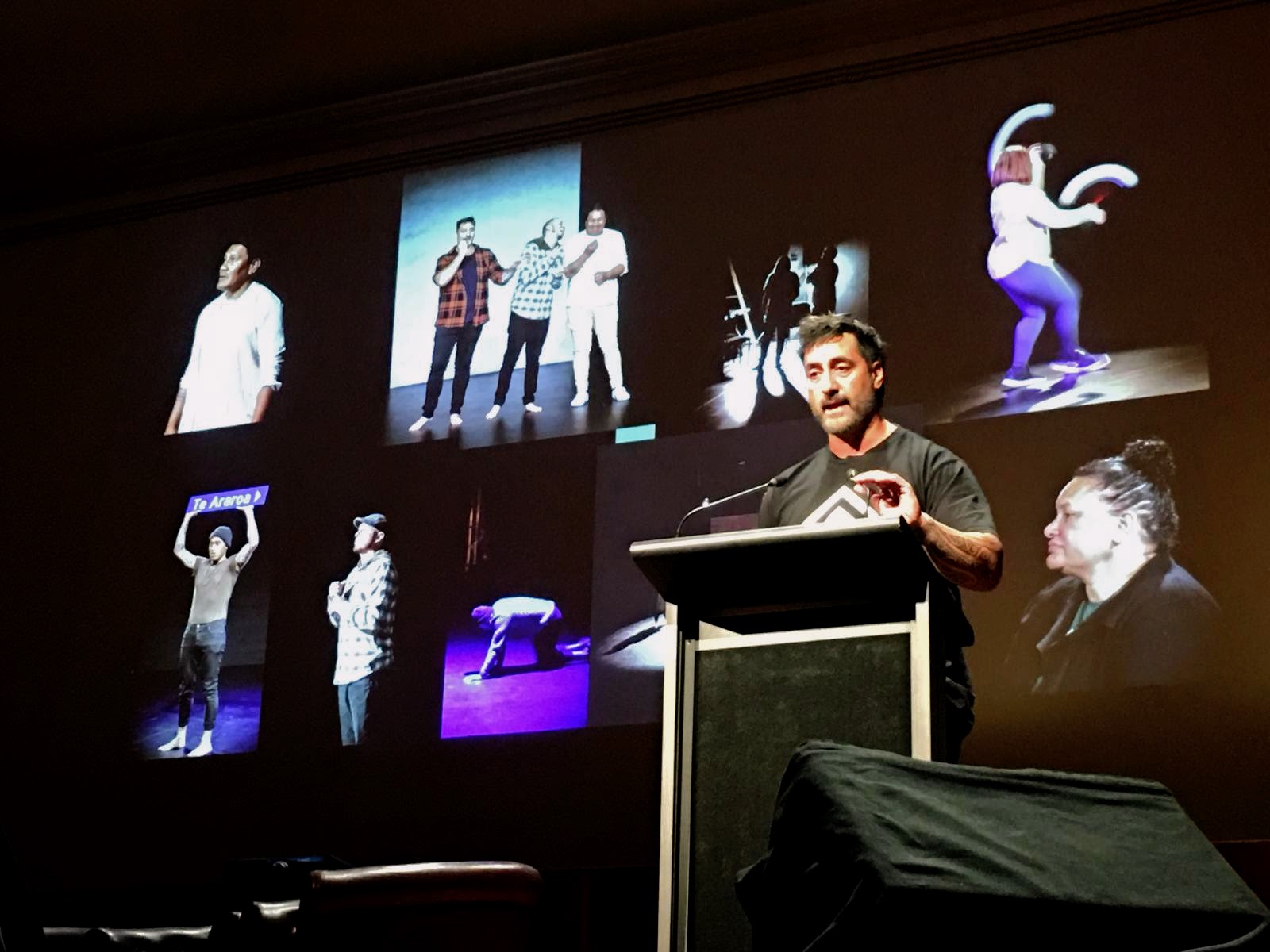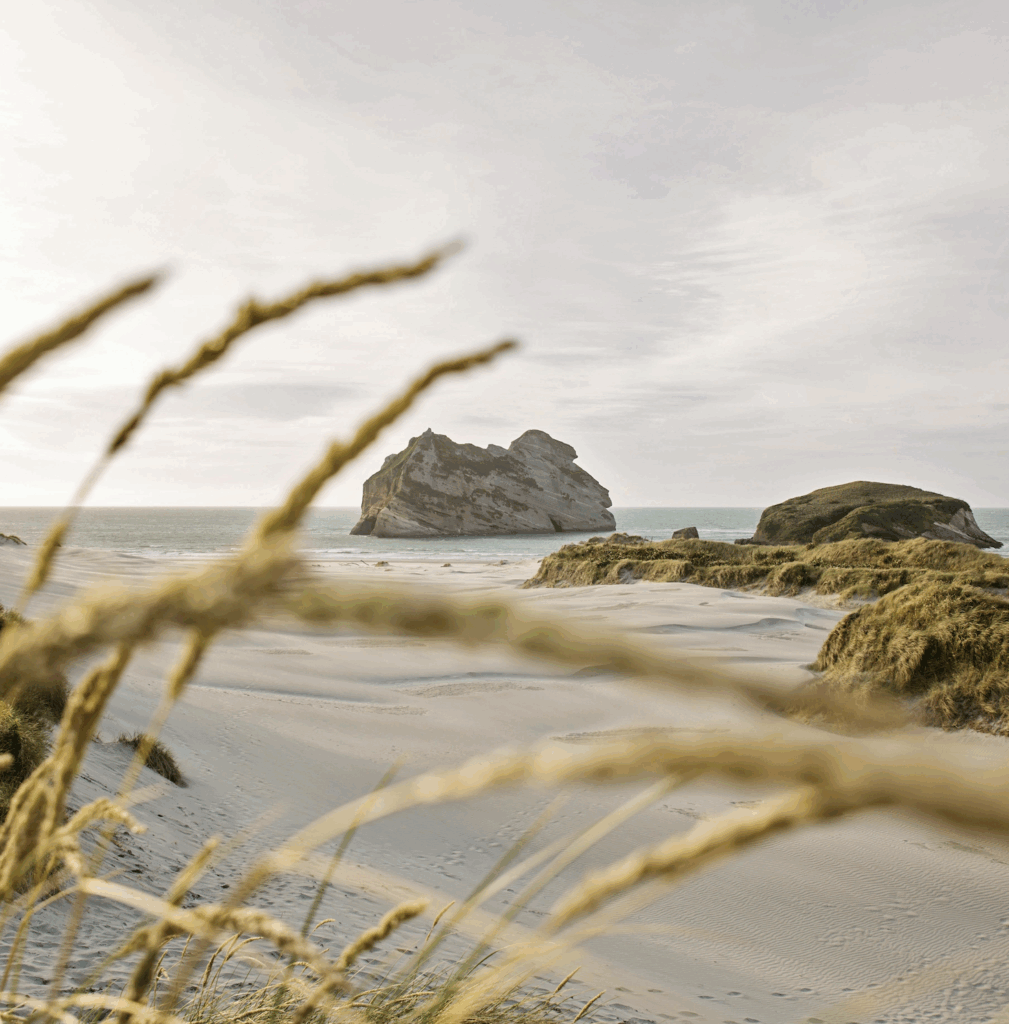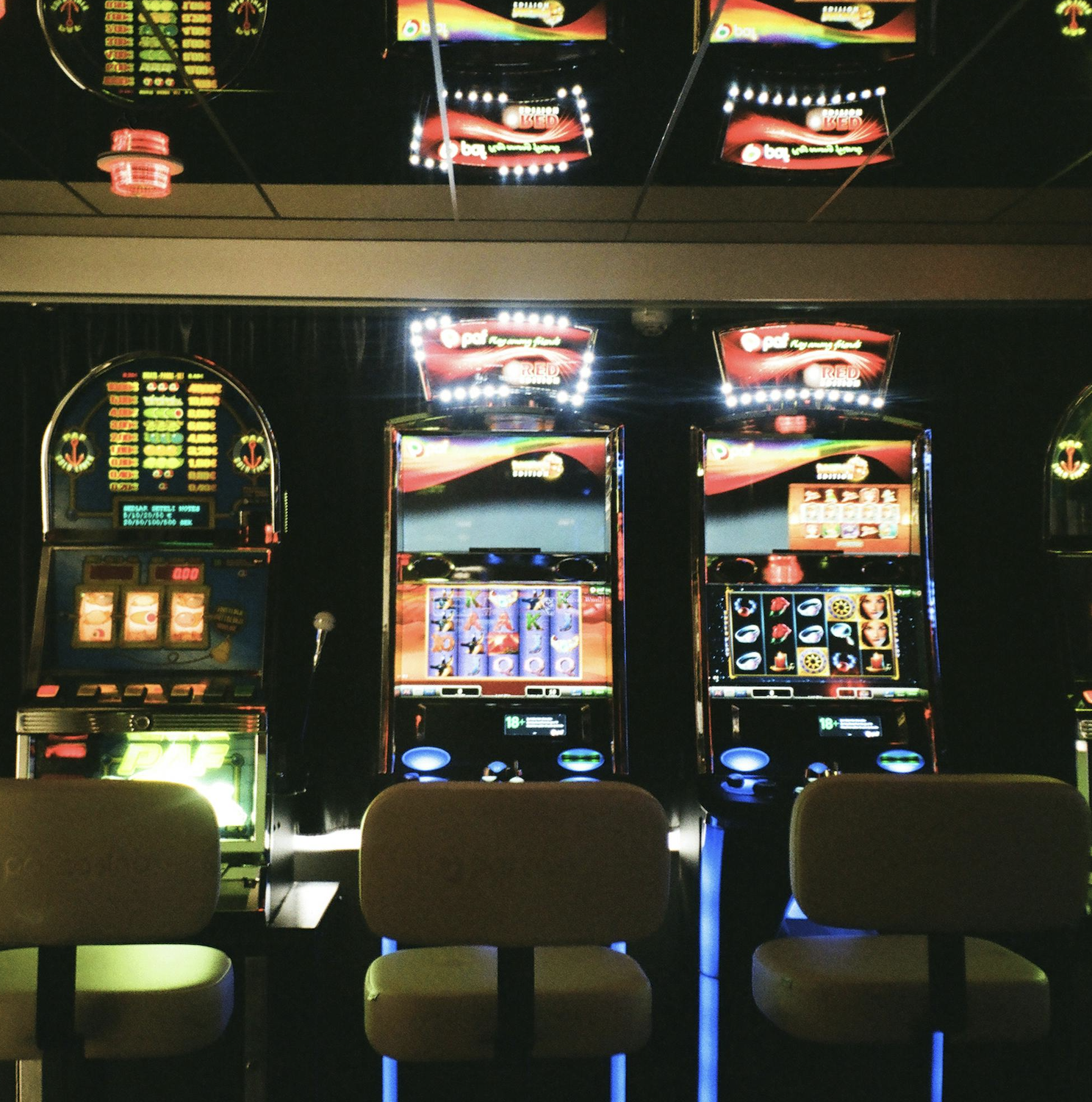Matapiata | Recovery Street
Published:
August 22, 2025

Chris Ranui-Molloy (Ngāti Manawa, Tūhoe) is the Creative Director and Consultant Therapist of Recovery Street – a creative arts-based healing programme for people who have experienced addiction and mental health challenges. Drawing on drama, waiata, haka and storytelling, Chris leads a 14-week journey that empowers participants to express their stories, reconnect with their identity, and restore mana.
Grounded in both his lived experience and academic background—holding a BPSA (Acting), MA Arts (Drama), and registration as an Addictions Practitioner (DAAPANZ)—Chris integrates therapeutic practice with creativity to offer culturally grounded pathways to healing. His mahi has supported powerful transformations, from individuals reclaiming self-worth to whānau reconnecting and breaking cycles of harm.
Can you tell us about the mahi you’re leading and the impact you’re seeing in your community?
I lead a programme called Recovery Street, which has various lengths and points of focus, but what is the most predominant mahi we do is the 14-week creative arts-based healing journey for people who have experienced addiction and mental health challenges.
It’s built around storytelling, drama, waiata, and haka, and is guided by experienced artists and therapists in a safe and trauma-informed space. The mahi is centred on empowering participants to express their journeys through creativity, helping them reconnect with their own strength, identity, and healing. Many of the stories shared are powerful testimonies of courage, hope, and aroha. The impact has been profound. Whānau who have participated speak of deep shifts—especially in healing from trauma. We’ve seen people reclaim their sense of self-worth and purpose. For some, it’s been life-changing—restoring relationships, breaking cycles of harm, and discovering new pathways forward. The transformation isn’t just individual—it’s felt across whānau and community.
What drew you to this kaupapa, and how has your journey shaped the way you approach this work?
My connection to this kaupapa began through my own lived experience as a client at Higher Ground. During my time there, I was deeply moved by the stories I heard—both within the programme and in the NA and AA rooms. I noticed recurring patterns across people’s experiences, which revealed a shared human struggle often misunderstood by the wider public. This inspired me to find ways to reduce stigma around addiction and mental health by bringing these stories into the light.
With a Master of Arts and a background in the creative industries, I saw a meaningful opportunity to integrate therapeutic practice with artistic expression. This approach allows me to blend my academic, creative, and lived experience in a way that supports healing and connection.
I also recognised early on that traditional clinical models—such as talk therapy or process groups—don’t always meet the cultural or relational needs of Māori and Pasifika communities. Through this work, I aim to off er alternative, culturally grounded pathways to healing, where the power of personal pūrākau (narratives) and creative expression can restore mana, identity, and wholeness.
What do you love about this mahi?
What I value most about this mahi is its ability to facilitate deep, mana-enhancing healing in a way that honours the uniqueness of each individual. This creative, narrative-based approach often reaches core issues that traditional counselling or mainstream mental health and addiction services have struggled to address—particularly for those impacted by intergenerational trauma.
What’s most powerful is witnessing participants experience meaningful breakthroughs—where past trauma no longer defines their present or dictates their future. The ripple eff ects are seen not only in individual healing but also in strengthened whānau connections and restored sense of identity. It’s a privilege to hold space for that kind of transformation.
What are some of the most powerful stories of transformation you’ve witnessed through your work?
Watching participants break cycles of thought and actions that they never thought possible. Watching families reunite and forgive.
What have the challenges been?
Funding opportunities, networking and upskilling opportunities in this field also with others doing similar mahi within Aotearoa. Finding board members to create a trust.
What inspires you and who have your greatest teachers and mentors been?
People who suffer from addiction and what they have overcome and have still have too overcome, daily. Their stories, there trumphs, courage.
What’s one whakaaro or piece of advice you’d give to others working in this space who want to create meaningful change?
Know what your why is, if you are trying to create something from scratch that hasn’t been done before, you must have a strong why. As you go along, ask for help, because its very difficult some days. Keep and eye of your Whare Tapa Wha, maintaining balance is essiential.
On the 4th of September 2025, we hosted Recovery Street for a hui. If you missed it, or want to rewatch it, you’ll find the recording below.
Chris delivers a range of training opportunities for staff and tangata whaiora interested in the Recovery Street method, “The Power of Personal Pūrākau.” Programmes include:
- Half-day and full-day group training (available online or in person)
- An intensive 4-week program
- Weekend wananga sessions available at request
- A 1-hour theatre presentation, showcasing current and past participants sharing lived experience stories of hope and courage
- One to one counselling
- Contact info@recoveryst.co.nz or 0211986009
Pricing information is available upon request.


